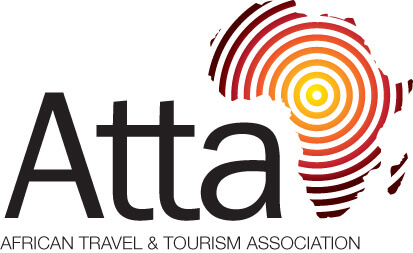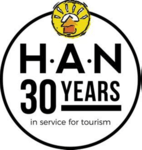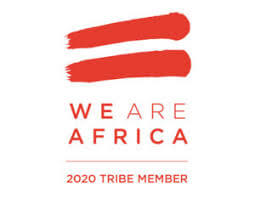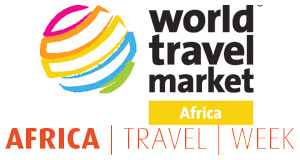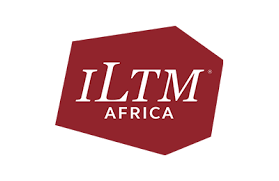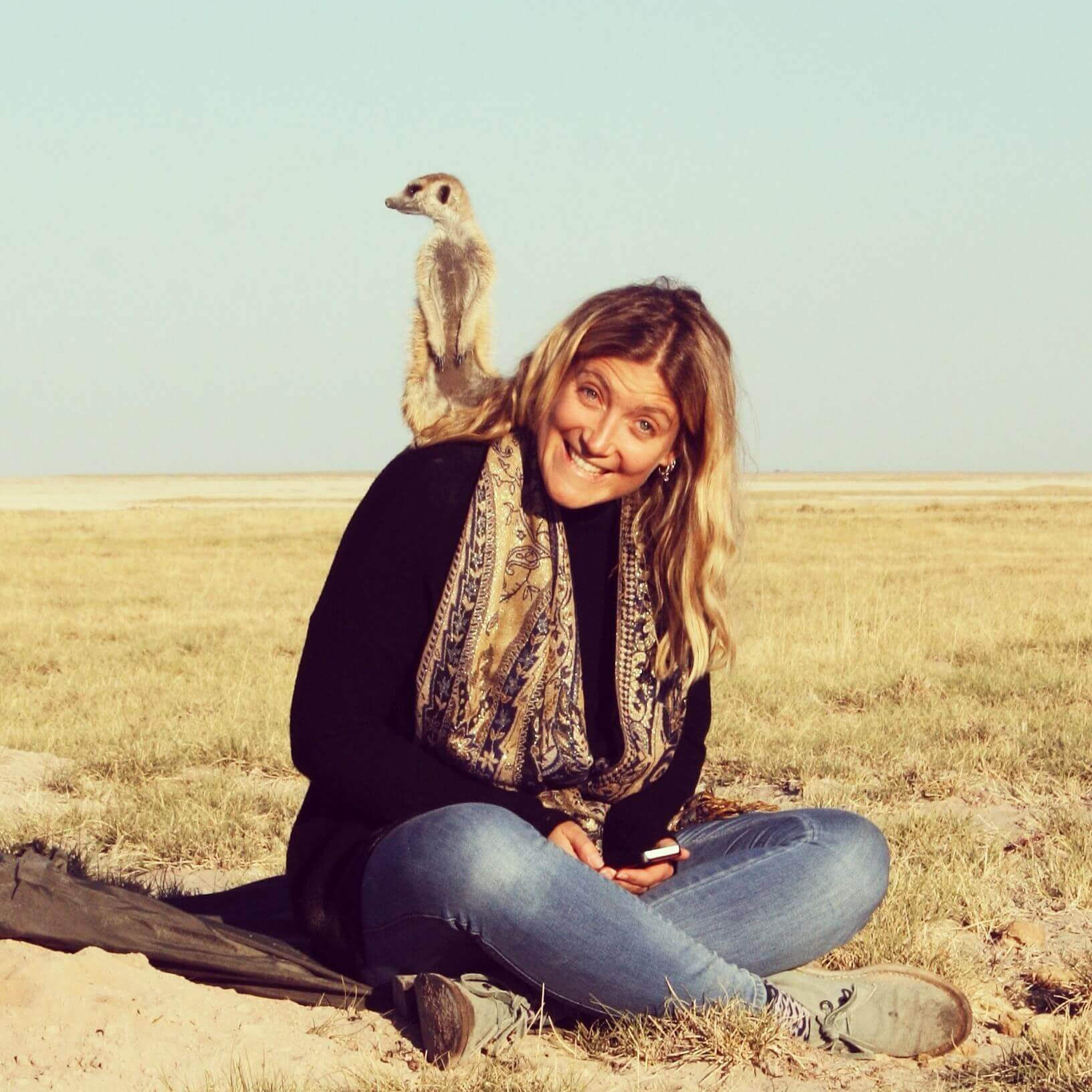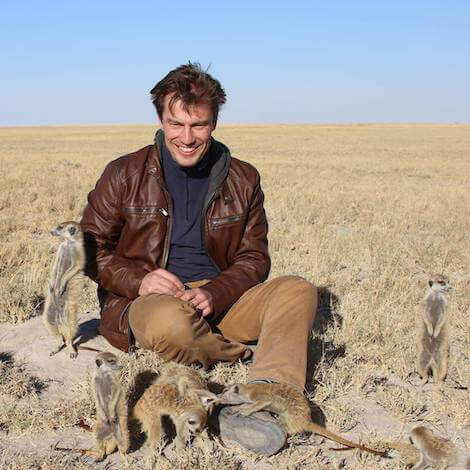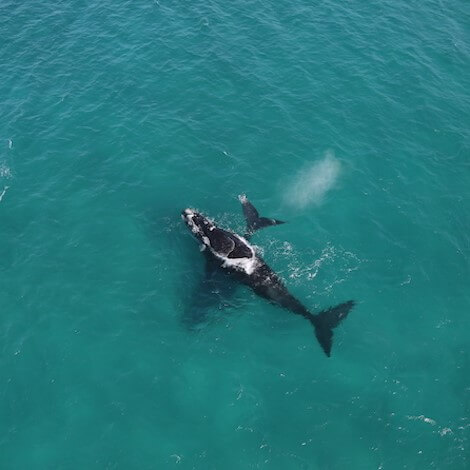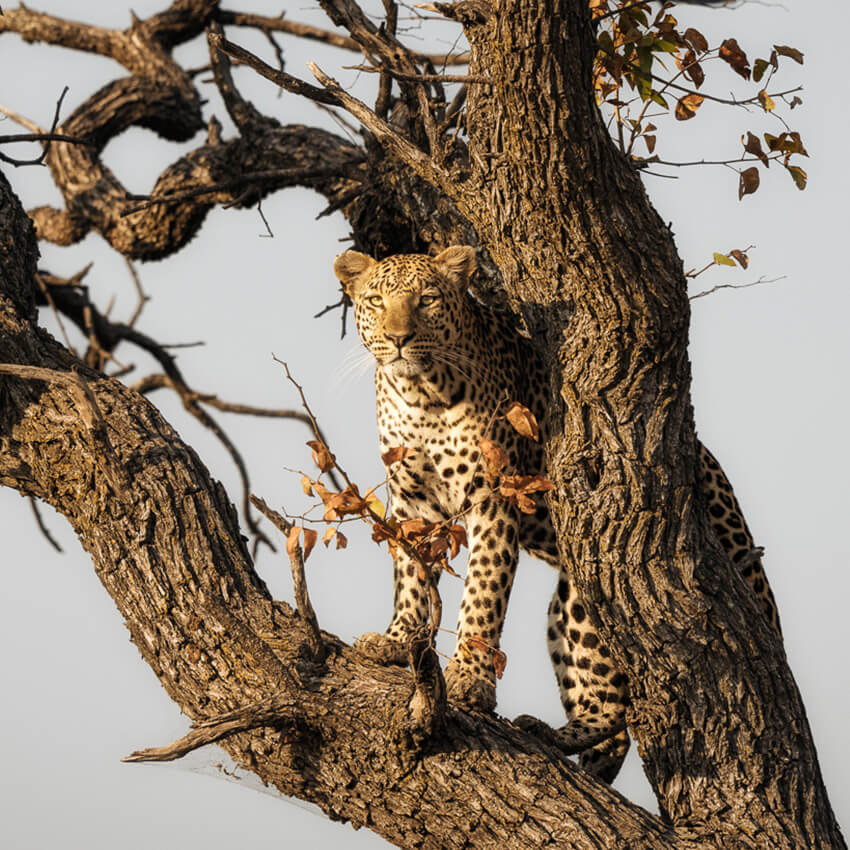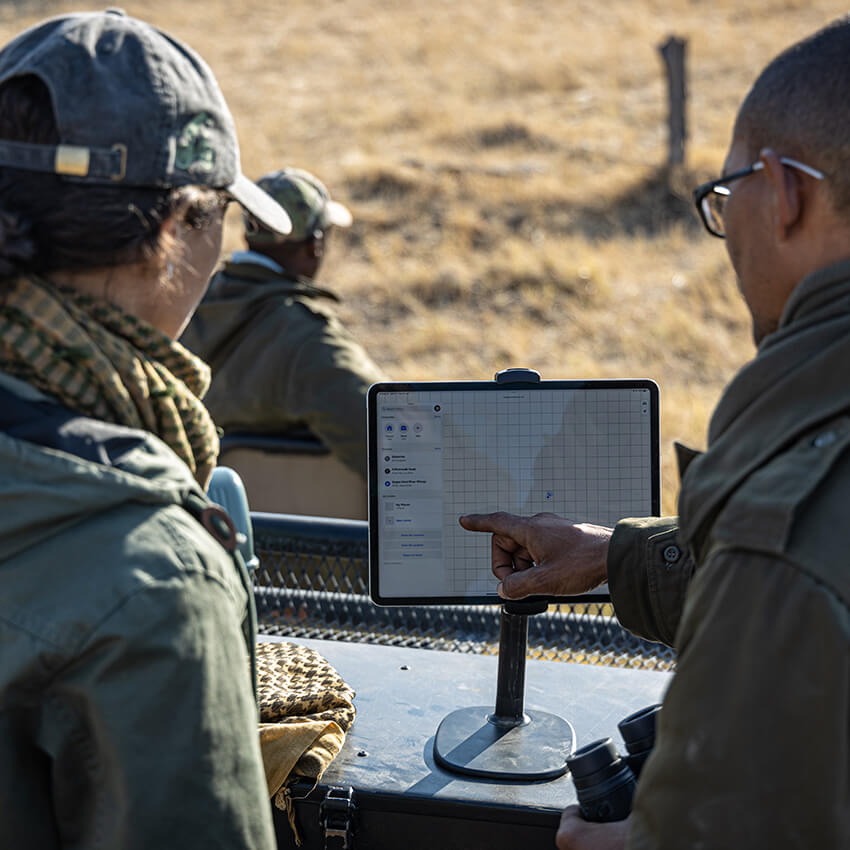Botswana
- A Spot of Romance: Botswana Honeymoon Safari
- A Wellness Safari with Robyn Sheldon
- Botswana Conservation Safari
- Botswana Horse Safari on the Makgadikgadi Salt Pans
- Guided Botswana Cycling Safari
- My First Botswana Safari
- Sama Mobile Camp
- Uncharted Expeditions Botswana Mobile Camping Safari
- Walk of Ancient Wisdom
All About The Illegal Wildlife Trade Conference, 2018
 Natural Selection
Natural Selection
 October 22, 2018
October 22, 2018
What is the IWTC?
The Illegal Wildlife Trade Conference is one of the biggest events on the global conservation calendar, and this year it took place in early October.
Who goes to it?
The IWTC was held in London: the 2-day event was attended by representatives from over 70 countries, multiple charities and conservation organizations, all committed to tackling the worldwide problem of illegal wildlife trade.
What happens there?
Here are some of the highlights from the conference…
- A record number of countries signed the London Declaration, which enables a unified, global voice of action against the illegal trading of wildlife.
- The British Army made a commitment to expanding counter-poaching training across Africa. The Army has already conducted successful training programs in Gabon and Malawi this year, and the project will now be expanded to the countries and parks across the continent that are most in need of expert training and assistance. The program is in fact mutually beneficial, as the British soldiers get to learn all about tracking and improve their bush knowledge at the same time.
- A new initiative has been launched to target wildlife traffickers and gangs: the Wildlife Financial Taskforce brings together international financial organisations who have pledged never to facilitate or tolerate any transactions linked to the illegal wildlife trade.
- The Ivory Alliance 2024 was formed in the build-up to the conference, bringing together a dedicated team of politicians, conservationists and famous celebrities who will spearhead the new campaigns against the trade.
- The World Travel and Tourism Council (WTTC) Buenos Aires Declaration was signed by 100 travel companies to create a united front against the illegal wildlife trade in the tourism industry.
- The President of the African Wildlife Foundation, Kaddu Sebunya, pledged $25 million over the course of the next 4 years to provide conservation support to African governments in the protection of wildlife and landscapes across the continent. As Sebunya has said, it is crucial that this support filters down to local communities, and ensures the protection of Africa’s “rich heritage of natural wealth that is critical to the continent’s development prospects”.
What else can we expect as a result of this conference?
The wonderful thing about these various declarations and pledges is the emphasis placed on assisting in the development of strong African leadership. The focus will be on improving and maintaining the policing of wildlife crimes and providing the necessary support to bolster the prosecution process for these crimes in order to convict offenders.
What key species will be prioritised for protection?
Rhino, Elephant, Great Apes, Large Carnivores and Giraffe
To read more about the conference, and the various projects that were discussed there, check out these links:
Special Offers
Our special offers are designed to help you experience everything southern Africa has to offer whilst also saving some all-important pennies. Whether you’re about to embark on a once-in-a-lifetime solo trip, or are celebrating a special occasion, have a peek at our offers and see what could be in store for you.
